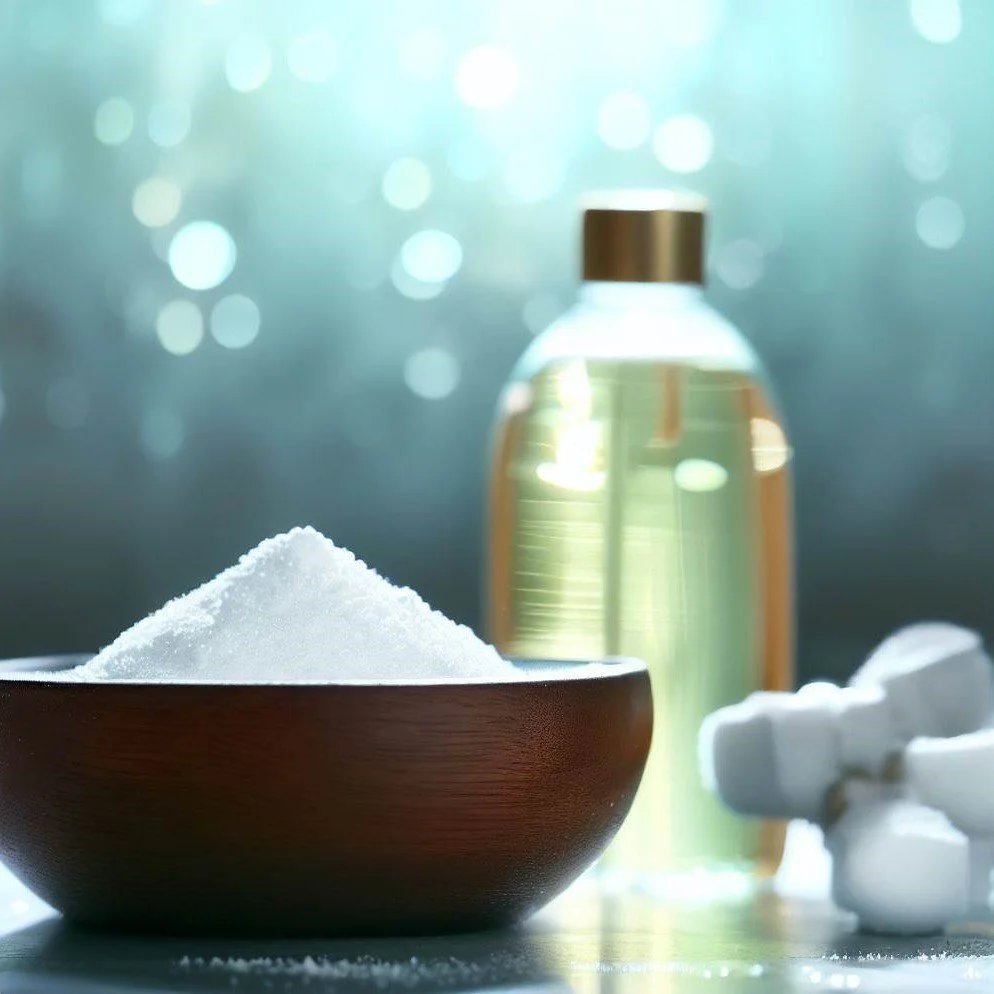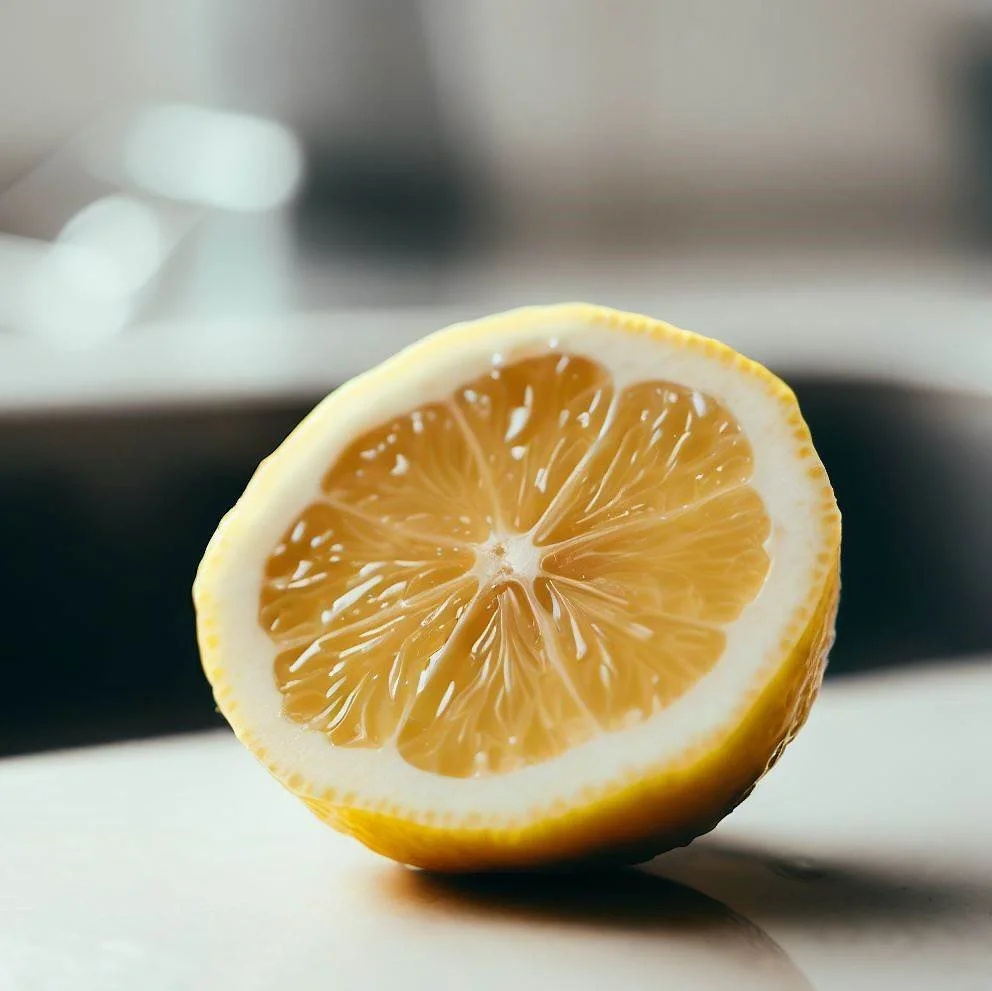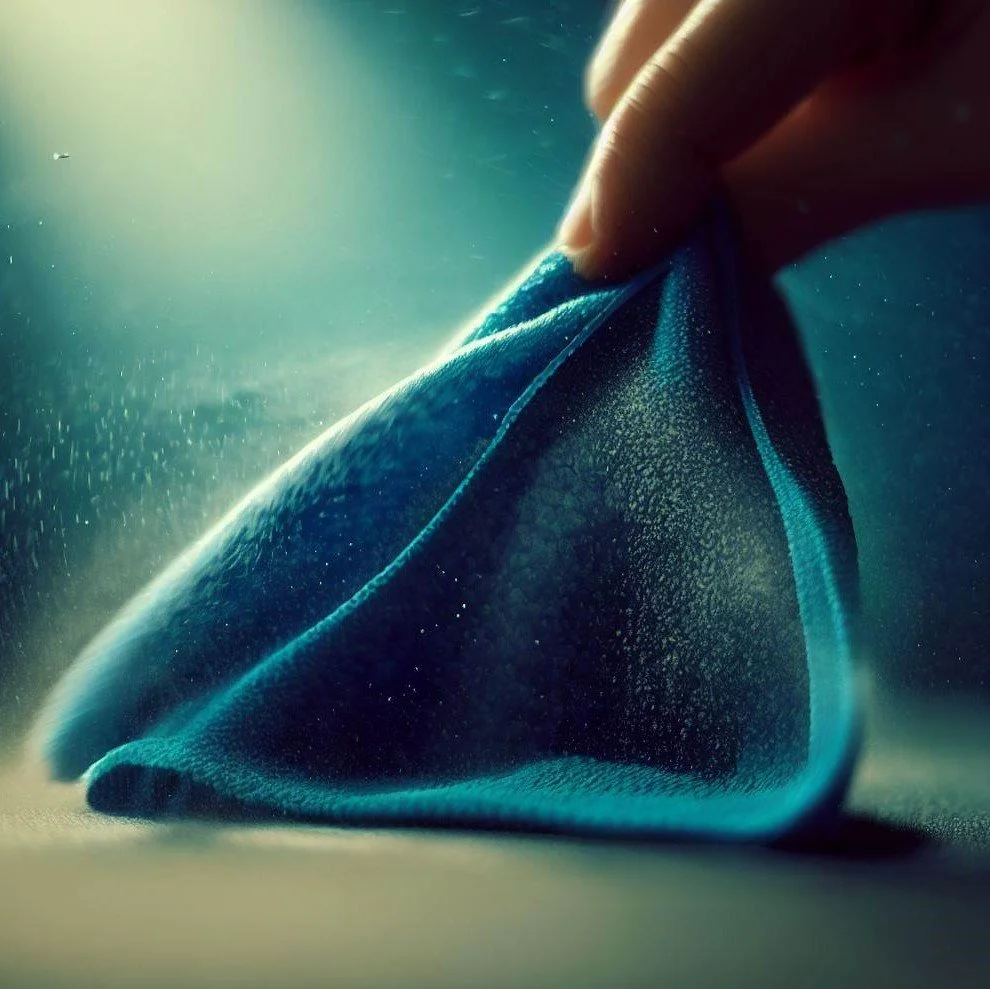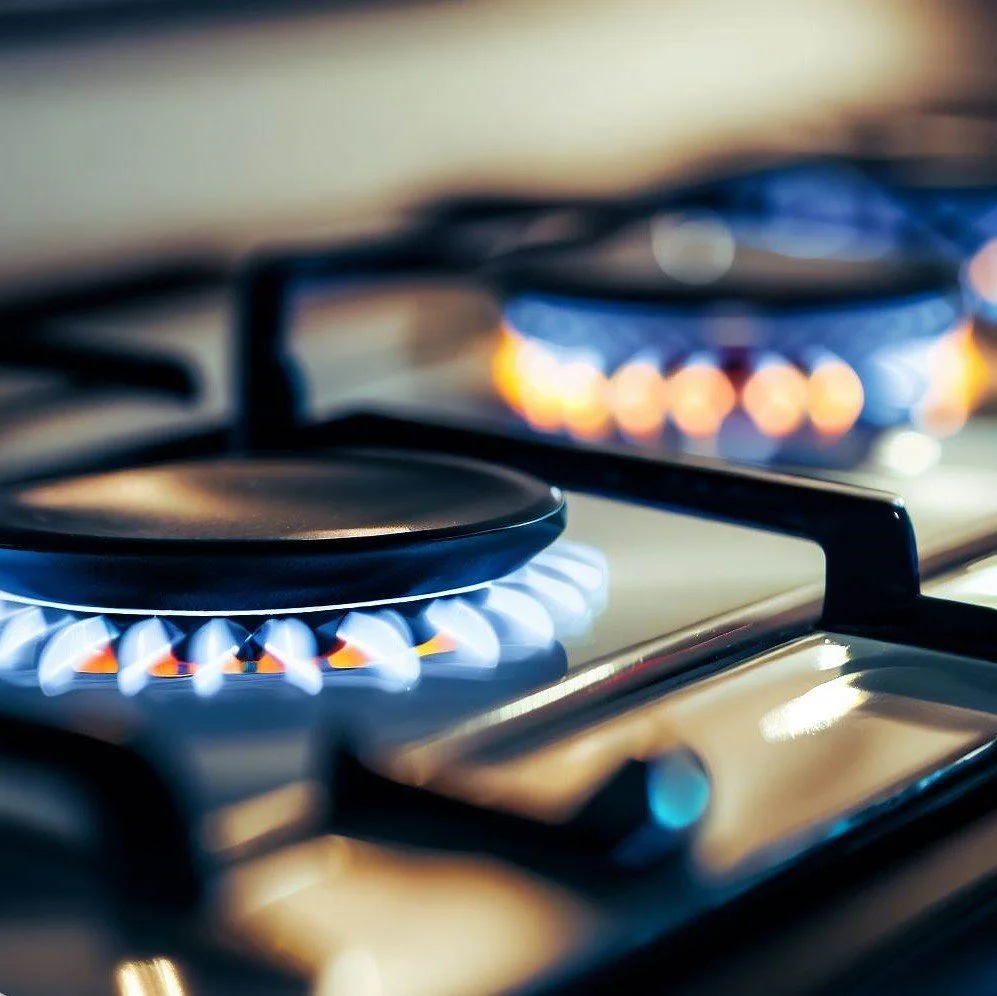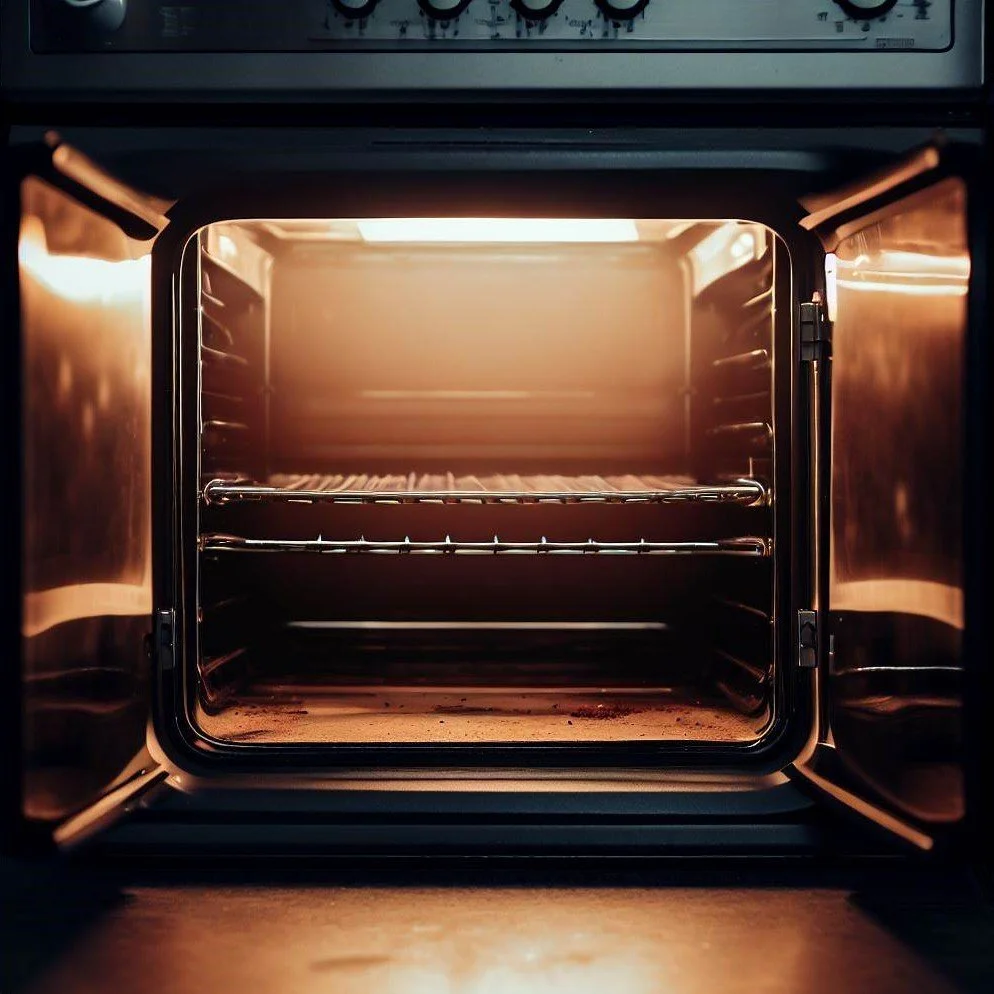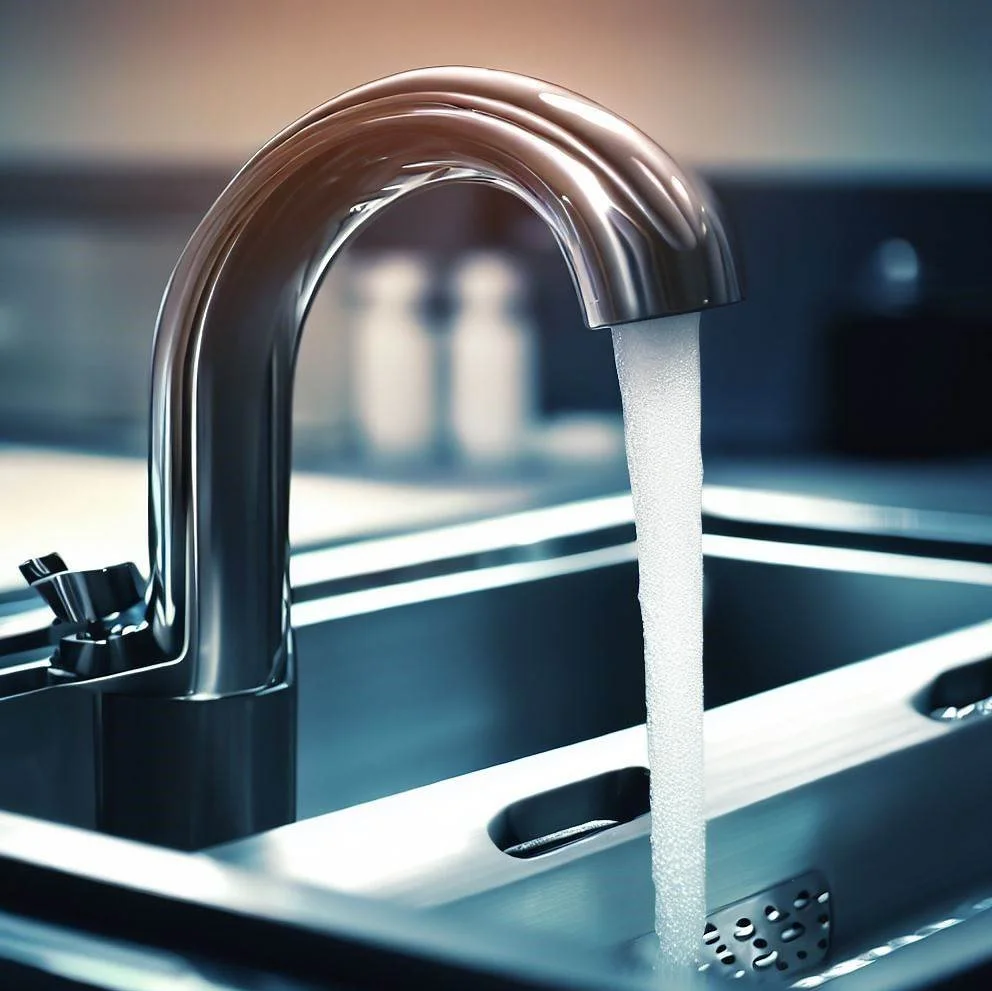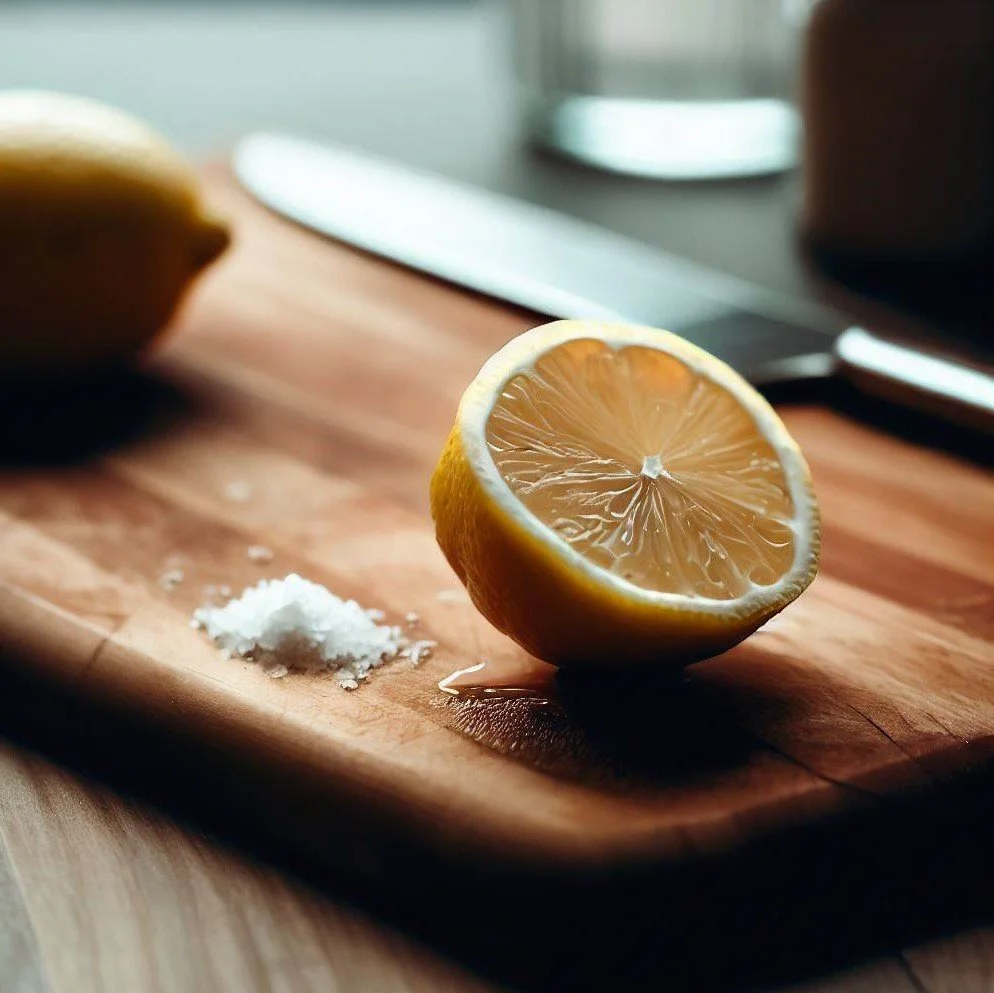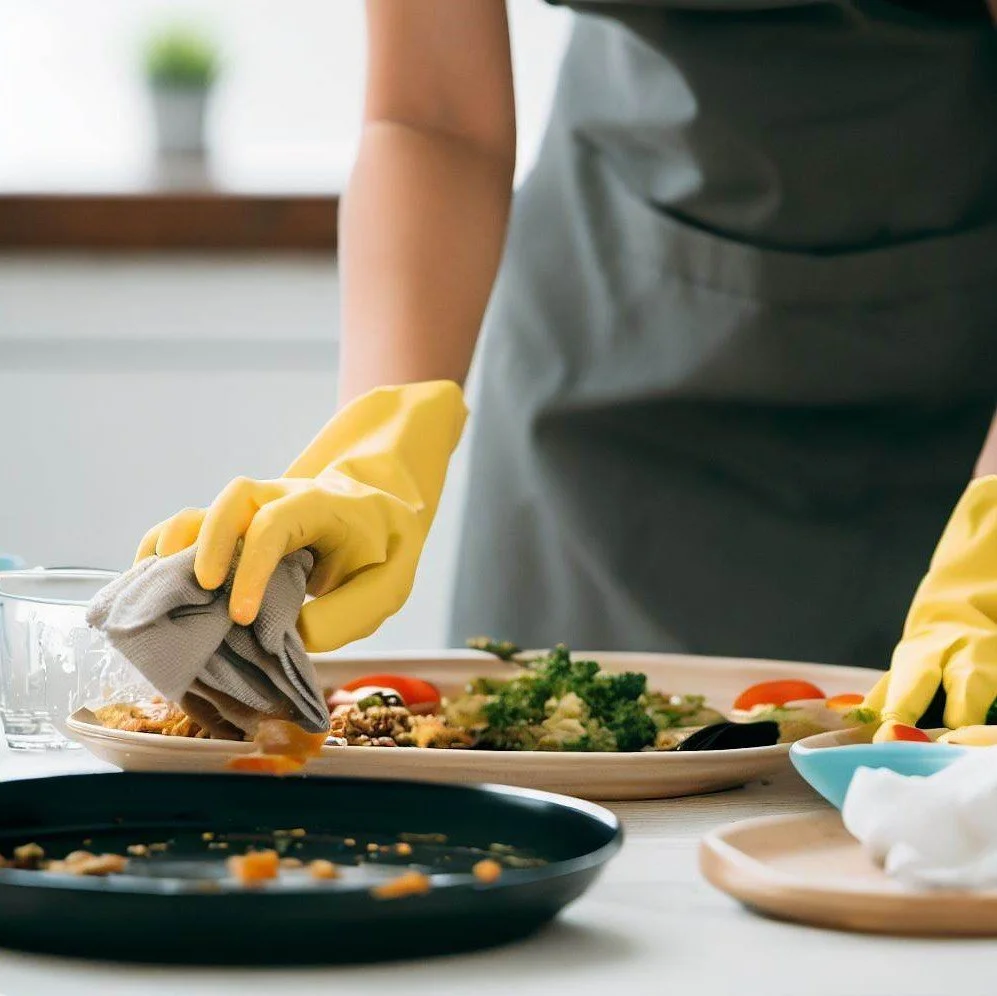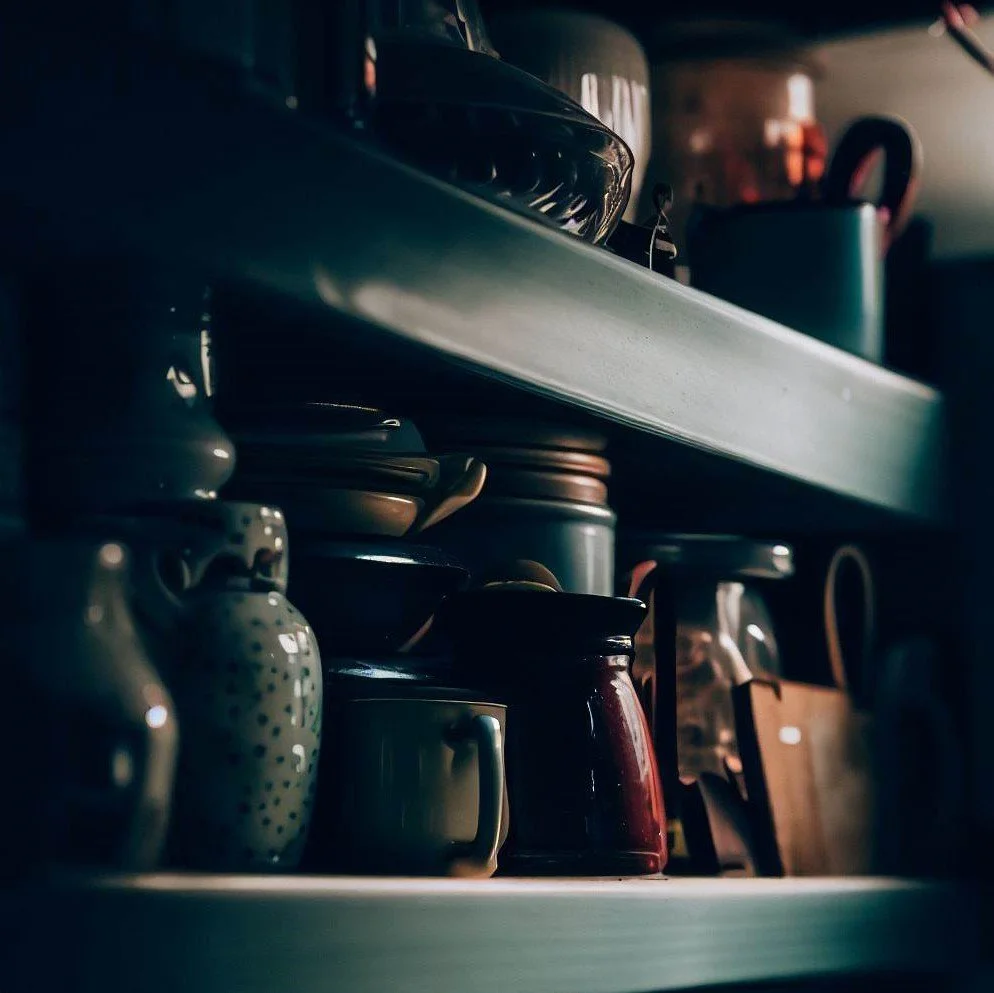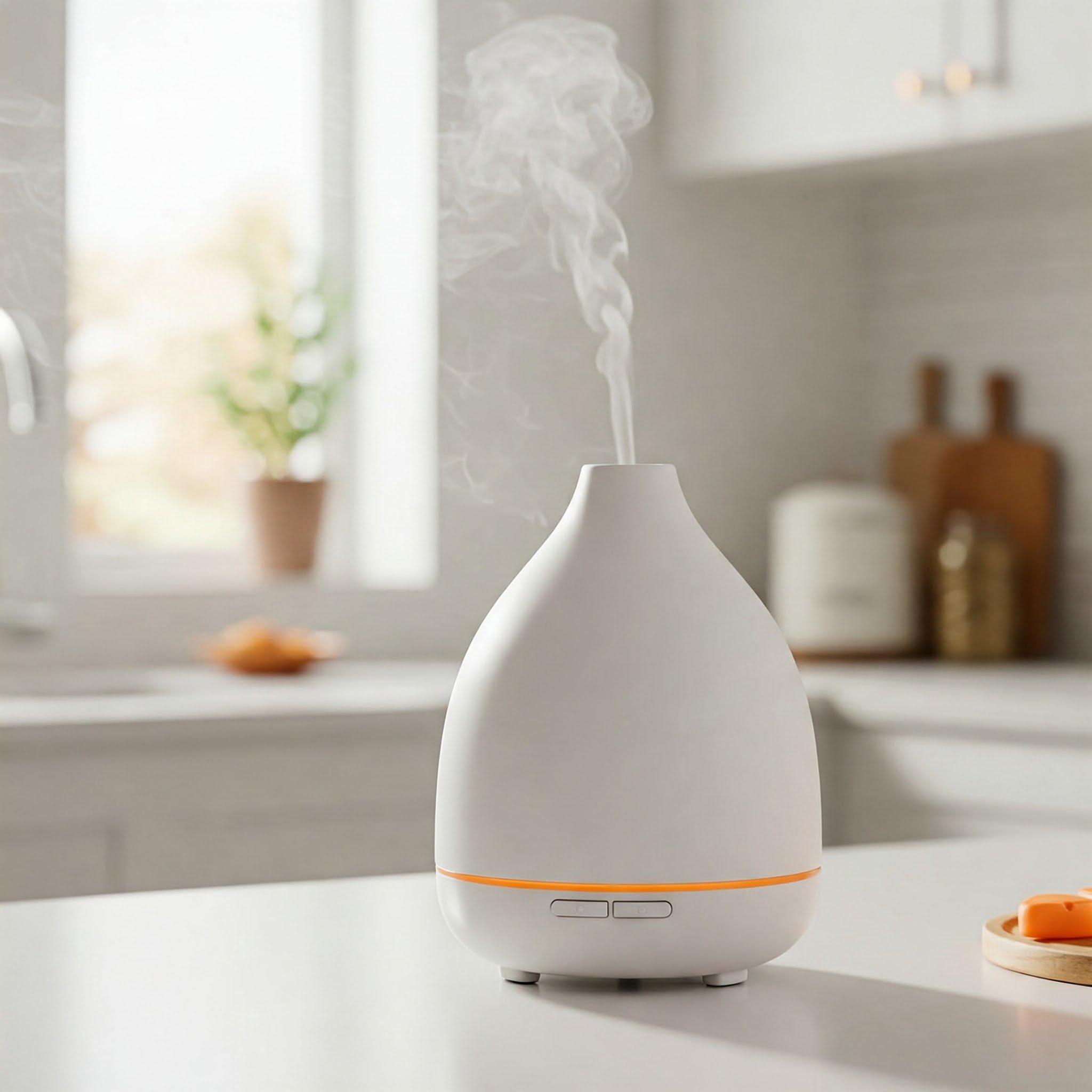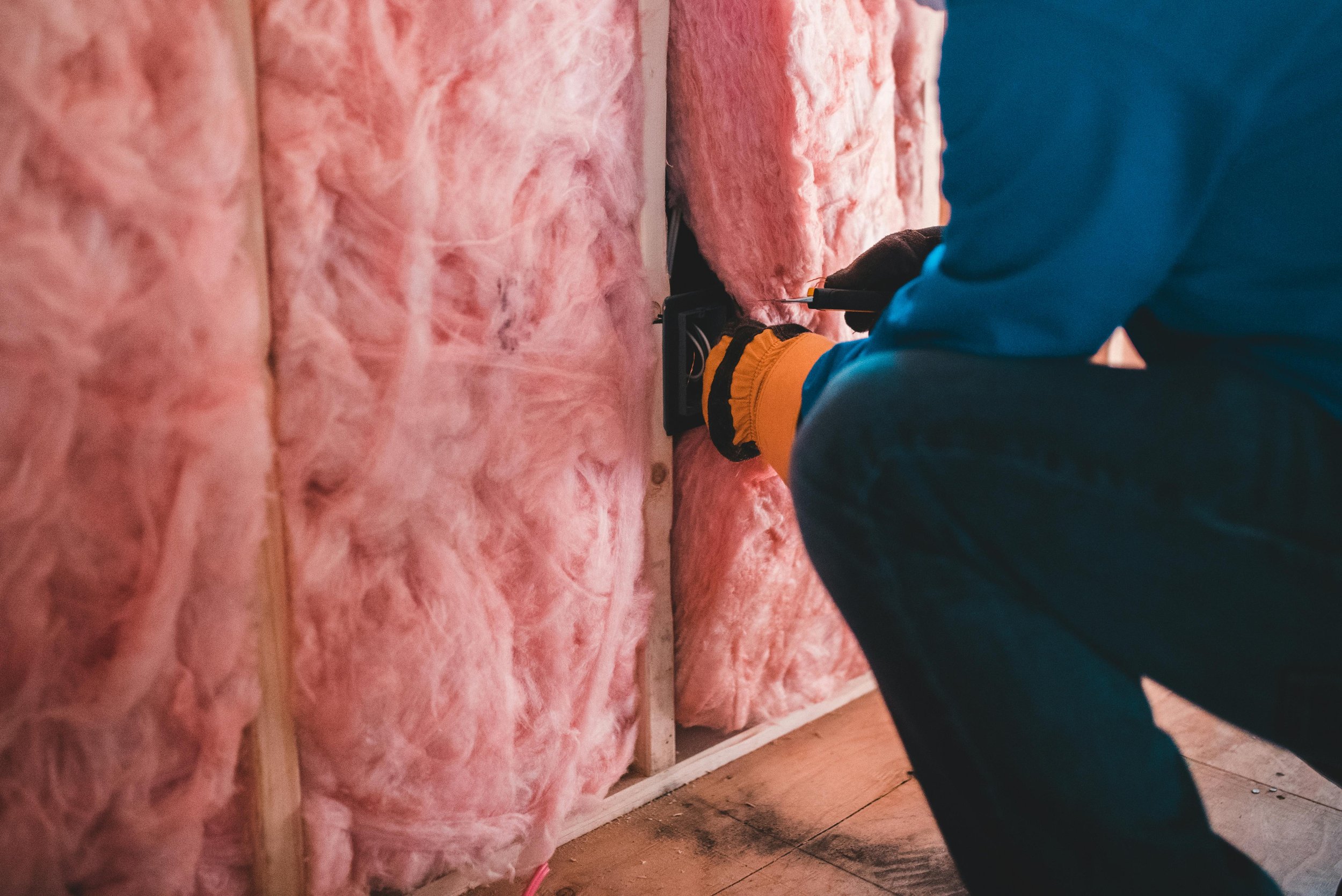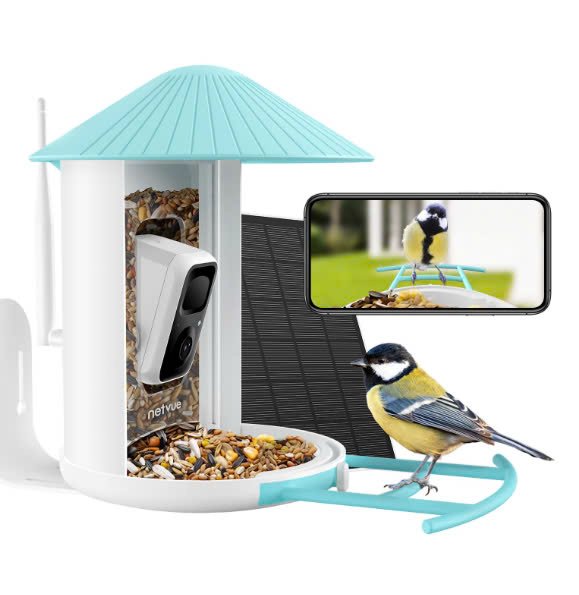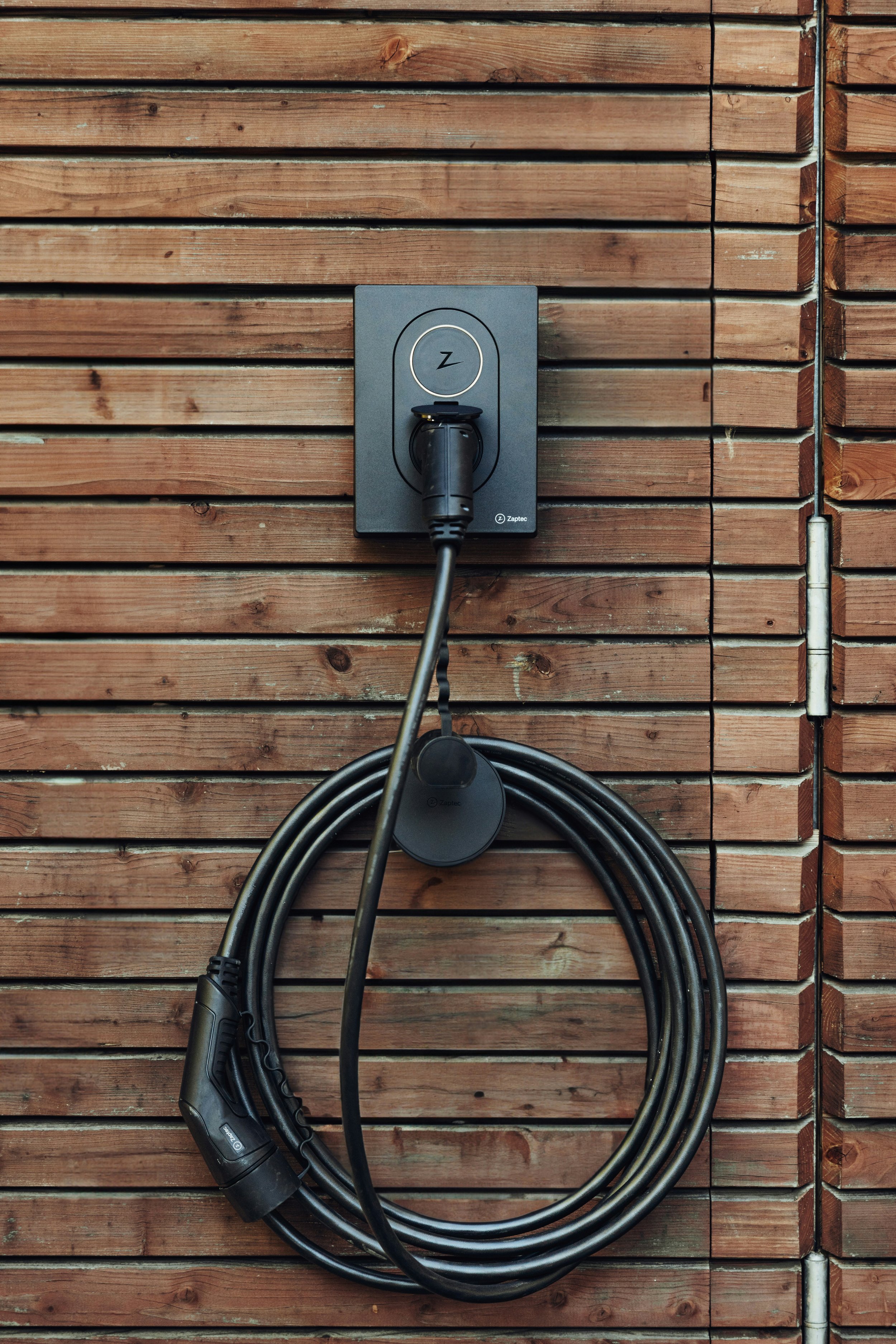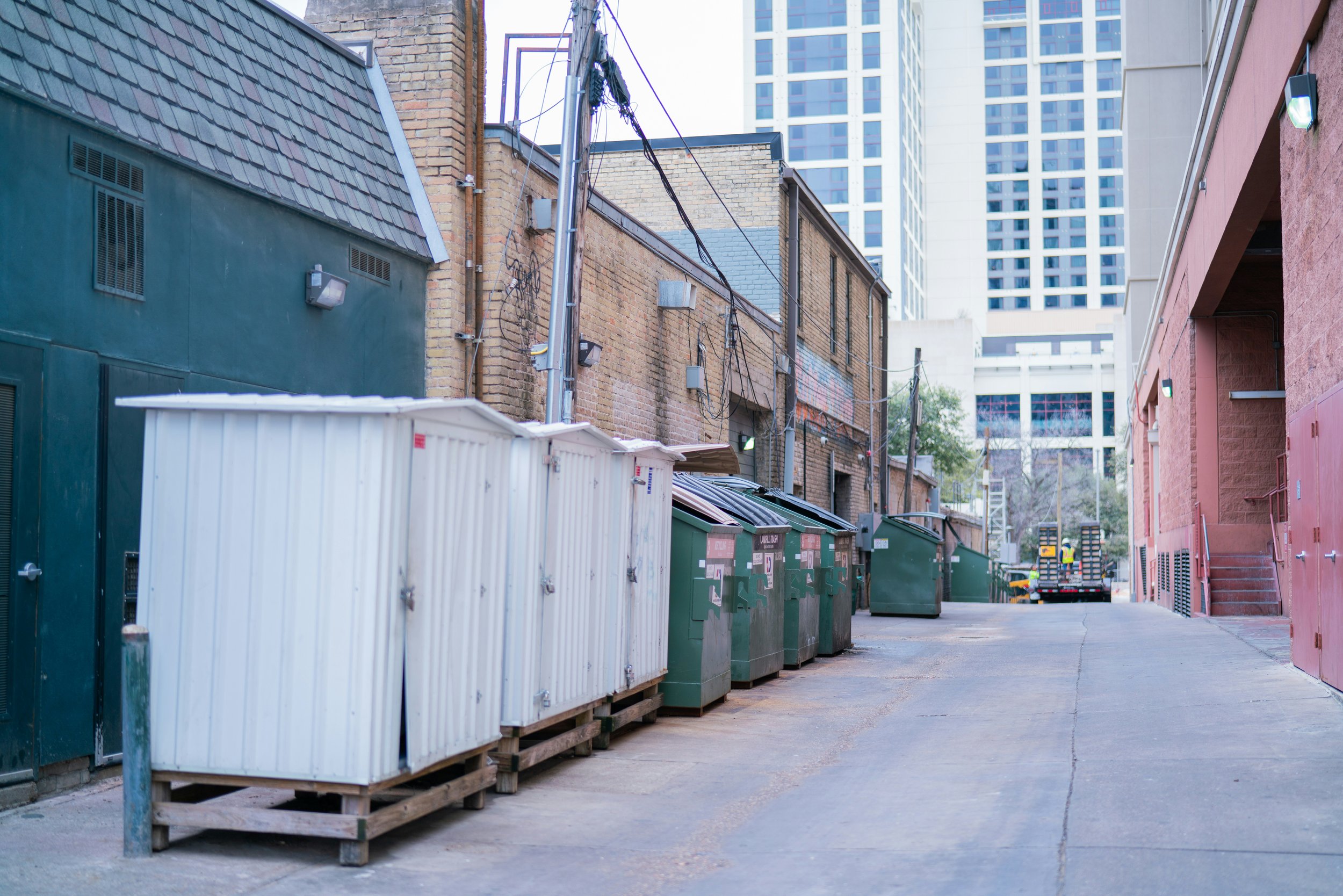15 Expert Cleaning Tips to Revolutionize Your Kitchen Hygiene
Discover 15 professional cleaning tips that make your kitchen sparkle. Dive into this comprehensive guide, and find out how cleanliness can boost your kitchen's hygienic score today!
The Sparkling Kitchen: A Temple of Hygiene and Health
Introduction:
A kitchen is not just the heart of the home; it's also a hotbed for bacterial growth if not cleaned properly. It's where the magic happens, from the sizzle of stir-fry to the warmth of freshly baked bread. However, beneath these delightful activities lies a myriad of messes that could potentially dampen your culinary adventures. Is the oil splatter from your last cooking venture still lingering on your stovetop? How about those stubborn stains on your countertop that refuse to leave? Worry no more! In this article, we delve into 15 professional cleaning tips that will not only spruce up your kitchen but also uphold its hygienic standards.
Outline
The Cruciality of Kitchen Hygiene
Tip 1: The Power of Baking Soda and Vinegar
Tip 2: Lemon – Your Citrusy Cleaning Ally
Tip 3: The Magic of Microfiber
Tip 4: Cleaning Cabinets, the Smart Way
Tip 5: A Spotless Stovetop
Tip 6: Declutter for a Healthy Kitchen
Tip 7: The Art of Cleaning Your Oven
Tip 8: Banishing Sink Stains
Tip 9: Revitalize Your Cutting Boards
Tip 10: How to Keep Your Refrigerator Fresh
Tip 11: The Secret to Crystal Clear Glassware
Tip 12: Clean as You Go – Your New Mantra
Tip 13: Sanitize, Don't Just Clean
Tip 14: Regularly Empty and Clean the Trash Can
Tip 15: The Hidden Places
Conclusion: Final Thoughts on Kitchen Hygiene
Frequently Asked Questions
The Cruciality of Kitchen Hygiene
Your kitchen is not just a room. It's a symphony of flavors, aromas, and textures, orchestrating everyday miracles that satiate hunger and tickle the taste buds. But here's the catch: A stage for such magnificent culinary performances requires a meticulous level of cleanliness. Food debris and cooking grime, if left unattended, can lead to bacterial growth, posing health risks. So, how can you maintain a kitchen that shines in both cleanliness and hygienic practices? Don't fret! In this article, we bring you 15 professional cleaning tips to transform your kitchen into a haven of hygiene.
Tip 1: The Power of Baking Soda and Vinegar
It's time to embrace the dynamic duo of cleaning: baking soda and vinegar. These pantry staples work wonders on stubborn stains. A mild alkali, baking soda, can break down grease and grime, while vinegar's acidic properties help disinfect the area. Just sprinkle some baking soda over the stained surface, spray vinegar, and let it fizz. Wipe it clean after a few minutes, and voila! You have successfully hosted a cleaning superhero team in your kitchen!
The Power of Baking Soda and Vinegar
Tip 2: Lemon – Your Citrusy Cleaning Ally
When life gives you lemons, clean your kitchen! These tangy fruits can remove hard water stains, rust, and even act as a deodorizer. Just cut a lemon in half and rub it over the affected areas. Rinse afterward, and you'll see a remarkable difference. Now, isn't that squeezing the most out of your lemons?
Lemon – Your Citrusy Cleaning Ally
Tip 3: The Magic of Microfiber
Imagine having an army of microscopic warriors fighting off dust and bacteria in your kitchen. Well, that's exactly what a microfiber cloth does. With more fibers and surface area than regular cloths, these are excellent at trapping dust, grease, and bacteria, ensuring a cleaner and more hygienic kitchen. So, be it countertops, appliances, or your kitchen sink, let microfiber be your knight in shining armor!
The Magic of Microfiber
Tip 4: Cleaning Cabinets, the Smart Way
Kitchen cabinets: the unsung heroes that store everything from your spices to your favorite mug. Over time, they become home to dust, crumbs, and occasional spills. But cleaning them is as easy as pie when you know the right way. Remove all items and use a vacuum cleaner to get rid of loose dust or crumbs. Next, create a cleaning solution with warm water, liquid dish soap, and a dash of vinegar. Wipe the cabinets inside out, and let them air dry. The result? Cabinets that are as clean as a whistle!
Cleaning Cabinets, the Smart Way
Tip 5: A Spotless Stovetop
The stovetop, the epicenter of delicious meals, often bears the brunt of overboils and spills. But fret not, for baking soda comes to the rescue again. Create a paste using baking soda and water, and apply it over the stovetop. Let it sit for about 15 minutes, then wipe it clean. Now, watch as your stovetop returns to its former glory!
A Spotless Stovetop
Tip 6: Declutter for a Healthy Kitchen
Just like a cluttered mind hampers creativity, a cluttered kitchen affects your cooking efficiency. Moreover, it can harbor dust and grime, leading to unhygienic conditions. Therefore, decluttering is not just a cleaning tip but a lifestyle change. Donate or recycle kitchenware you no longer need, organize your utensils and tools neatly, and make cleanliness your kitchen's best friend.
Declutter for a Healthy Kitchen
Tip 7: The Art of Cleaning Your Oven
The oven: your trusted partner in baking and roasting, often gets overshadowed when cleaning. But with the right tips, you can restore its sparkle. Start by removing the racks and cleaning them separately. Then, make a paste of baking soda and water and apply it inside the oven. Let it sit overnight, and then wipe it with a damp cloth. Don’t forget to use vinegar to catch any residual baking soda. Soon, your oven will be ready to assist you in your next culinary adventure!
The Art of Cleaning Your Oven
Tip 8: Banishing Sink Stains
Your sink works tirelessly, taking care of the dirty dishes and leftover food debris. So, it deserves a thorough cleaning. For stainless steel sinks, create a paste with baking soda and water and scrub away the stains. Rinse thoroughly afterward. For a fresh fragrance, you can also rub the sink with a piece of lemon. Happy sink, happy kitchen!
The Art of Cleaning Your Oven
Tip 9: Revitalize Your Cutting Boards
Cutting boards are indispensable in a kitchen, but over time, they can collect bacteria. So, cleaning and sanitizing them is vital. Scrub your board with a mixture of salt and lemon, rinse it thoroughly, and let it dry completely. This will not only clean your board but also prolong its life.
Revitalize Your Cutting Boards
Tip 10: How to Keep Your Refrigerator Fresh
A refrigerator is a sanctuary for your food. But if not cleaned regularly, it can become a breeding ground for bacteria. So, make it a habit to clean your fridge every week. Remove all items, dispose of expired food, and wipe each shelf with a mixture of water and vinegar. Don’t forget the door seals, as they often collect crumbs and spills.
How to Keep Your Refrigerator Fresh
Tip 11: The Secret to Crystal Clear Glassware
Frustrated with cloudy glassware? Rinse your glasses with vinegar. It’s an excellent way to remove hard water stains and bring back the sparkle. Just soak your glassware in a vinegar-water solution, scrub gently, and rinse. Say cheers to crystal clear glasses!
The Secret to Crystal Clear Glassware
Tip 12: Clean as You Go – Your New Mantra
Don’t let the dishes pile up. Clean as you go. This not only keeps your kitchen tidy but also makes the task less daunting. Remember, a clean kitchen is the first step towards a hygienic kitchen.
Clean as You Go – Your New Mantra
Tip 13: Sanitize, Don't Just Clean
Cleaning removes dirt and grime, but sanitizing eliminates bacteria and viruses. Focus on high-touch areas like door handles, knobs, and switches. A simple bleach solution or disinfectant can be used for this purpose.
Sanitize, Don't Just Clean
Tip 14: Regularly Empty and Clean the Trash Can
An overflowing trash can is not a pretty sight. Moreover, it can attract pests and spread unpleasant odors. Empty your trash can regularly and clean it using a bleach solution or disinfectant. Remember, a clean trash can contributes to a clean kitchen.
Regularly Empty and Clean the Trash Can
Tip 15: The Hidden Places
Every kitchen has its hidden nooks and crannies that often get overlooked during cleaning. These can include the hood over your stove, the back of your fridge, or the space beneath your cabinets. Make sure you pay attention to these areas during your deep cleaning sessions.
The Hidden Places
Conclusion: Final Thoughts on Kitchen Hygiene
A clean and hygienic kitchen is not just an aesthetic choice, but a health necessity. With these 15 professional cleaning tips, you can revolutionize your kitchen cleaning routine, turning a laborious chore into an enjoyable activity. Embrace these practices and witness the transformation of your kitchen into a space that not only brings delight to your taste buds but also contributes to your health and wellbeing.
Frequently Asked Questions
Q: What is the best natural cleaner for my kitchen?
A: Vinegar, baking soda, and lemon are excellent natural cleaning agents that can be used in different parts of your kitchen.
Q: How often should I clean my kitchen?
A: A daily cleaning routine is recommended for general maintenance, while a thorough cleaning should be done weekly or biweekly.
Q: What areas of my kitchen often get overlooked during cleaning?
A: Areas like the insides of cabinets, under the refrigerator, and behind the stove often get overlooked.
Q: Is a clean kitchen really healthier?
A: Yes, a clean kitchen helps reduce the risk of foodborne diseases and cross-contamination.
Q: How can I keep my kitchen smelling fresh?
A: Regular cleaning, proper disposal of garbage, and using natural deodorizers like baking soda and lemon can help keep your kitchen smelling fresh

